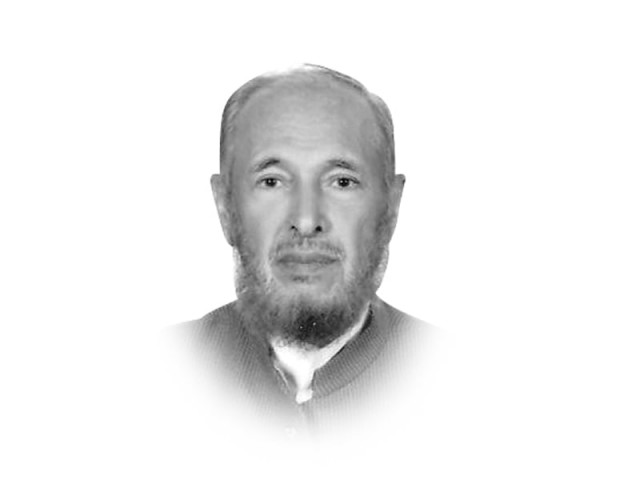Never was a visit more timely, more needed
The two leaders, fired by deep longing for quick economic strides, have an agenda cut out for them by destiny.

The writer has served as ambassador to Afghanistan and chief secretary of Khyber-Pakhtunkhwa. He is a nominee of the Government of Pakistan in talks with the TTP
Prime Minister Nawaz Sharif’s decision to undertake the visit is of historic importance because the two leaders in their many (hopefully) interactions would not only have to deal with a plethora of unresolved issues but also break new ground in areas such as reappraising their nuclear development programmes, reactivating the almost dormant Saarc partnership, establishing joint mechanisms for better water management on both sides of the border, liberalising trade and laying the basis for greater linkages and cooperation in areas like educational and cultural exchanges, tourism, environment, investment and a host of other mutually beneficial initiatives.
The two South Asian countries have enormous human potential that can transform the subcontinent in a short time thanks to modern technologies. It is lamentable that more than 400 million people in India live below the poverty line and more than 60 million people in Pakistan suffer the same fate. In India, the government has to spend $12 billion or one per cent of its gross domestic product on the programme of providing cheap grain to 180 million people. In Pakistan, seven million children do not go school.
South Asia generates only two per cent of the world’s income while housing a global population of 22 per cent. Of the world’s poor, 44 per cent live in South Asia!
Faced with such daunting challenges and with such grim prospects if the policy of a belligerent confrontation were to continue, can the leaders of the two great countries sit back and watch as the inexorable tide of anger continues to mount in a population which can be galvanised by a relentless media onslaught highlighting the frustrations and deprivations of the teeming millions of the subcontinent?
Nawaz Sharif’s visit should have something to do with these substantive issues that affect the lives of millions of people on a daily basis. Symbolism is important in circumstances like these. But the two leaders, fired by a deep longing for quick economic strides that change lives of the ordinary people , have an agenda cut out for them by destiny. Will they project into the future and carve out a new sustainable relationship that would lift one-fifth of humanity from the abyss of poverty, illiteracy and degradation and initiate a new era of meaningful cooperation that could shape the future of the region? It remains to be seen.
Judged in this perspective, never was a visit by a Pakistani head of government more timely, more needed or more justified.
Published in The Express Tribune, May 27th, 2014.
Like Opinion & Editorial on Facebook, follow @ETOpEd on Twitter to receive all updates on all our daily pieces.















COMMENTS
Comments are moderated and generally will be posted if they are on-topic and not abusive.
For more information, please see our Comments FAQ